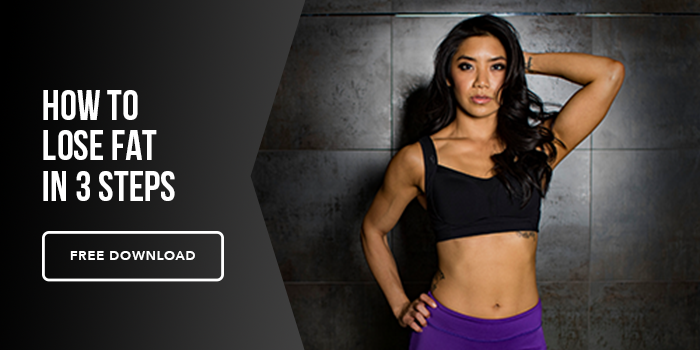Along with sweets and processed foods, alcohol is one of the hardest things for people to cut down on. I get it; after a long day or week, there is something very satisfying about indulging in a glass of wine or two before bed. Also, who doesn’t enjoy a good Happy Hour?
Unfortunately, alcohol and weight loss don’t really go together, and it can be difficult to justify adult beverages here and there if the goal is to lose weight.
When it comes down to it, cutting out alcohol is important if you want to lose weight. If you were hoping for a different answer, hopefully I haven’t lost you yet.
Let me elaborate.
Alcohol is essentially empty calories and offers no nutritional value. Because of a polyphenol called resveratrol, people claim that red wine offers anti-inflammatory and heart health benefits, but outside of that, red wine shouldn’t be considered “healthy."
When it comes down to it, whether you are drinking red wine, beer, or liquor, alcohol is made up of empty calories. One gram of alcohol is a whopping 7 calories; to put things in perspective, protein and carbohydrates have only 4 calories per gram. Then, if you add in mixers, which are usually not forgiving, you can easily rack up hundreds of calories in a night.
The number of calories per gram is just the start of it; metabolizing alcohol is a whole other story.
Alcohol is considered toxic, so when we consume it, the body is actively working to get it out–asap; this puts the metabolism of carbs, protein, and fat on hold. If your goal is to lose weight and reduce fat mass, you should expect a delay in fat loss and an accumulation of body fat.
We must not forget that alcohol severely affects workout performance; this should be a given, but it’s worth mentioning. Even just a couple of drinks can negatively impact how you lift and train the day after drinking. Performance can be affected by as little as 3-4% of dehydration, so being able to compete or train at 100% within 24 hours after drinking won’t happen. Have you trained even slightly hungover? It’s not fun.
It is also known that alcohol inhibits muscle recovery. As we know, recovery is a huge part of lean muscle tissue development, but muscle protein synthesis becomes interrupted when the body expends energy on metabolizing the alcohol you recently consumed. As I mentioned, alcohol is a toxin, and the body will slow down on everything else it is doing to eliminate it.
Think of the body going into overdrive; it’s pretty normal for heart rate variability to decrease and resting heart rate to increase after a day or night of drinking. Along with dehydration and the poor sleep and eating habits that come with drinking, it’s no wonder we feel like crap the next day.
Essentially, if you want to lose weight, you SHOULD cut out the alcohol. Can you lose weight and still drink? Absolutely, but you need to make adjustments in other areas of your diet and/or make drastic changes in the amount you drink.
If you are drinking more than 7 beverages over the course of a week, you should consider reducing the number of servings. However, if drinking is something you do periodically—say, once a month—and in moderation, those beverages are probably not setting you back on your weight-loss goals.






